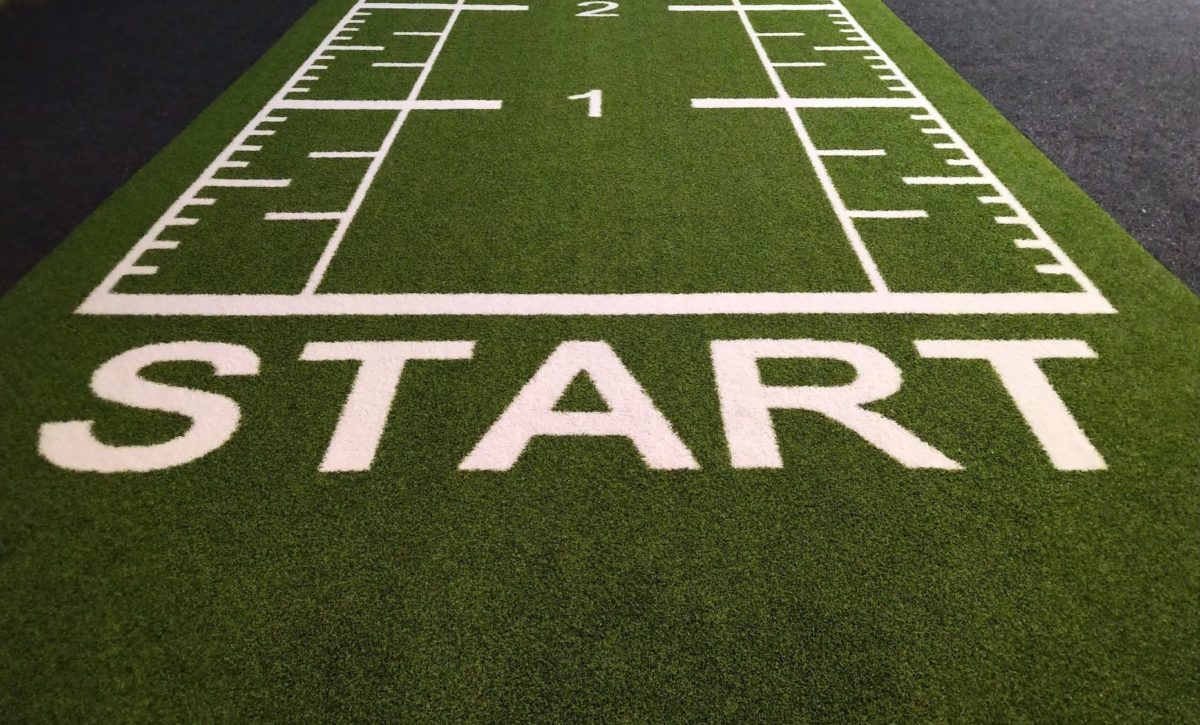No matter what level of athlete you are, setting goals is important. Setting a goal gives you something to reach for and a clear focus in training. Goals vary greatly between individuals but it is important for everyone to have them. However, many athletes make mistakes when setting their goals. Here are the 7 most common mistakes in goal setting and how to avoid them.
Setting unspecific or no goals at all
Goal setting is a key for maintaining motivation. Goals take many forms whether you want to improve or just maintain fitness, there is an applicable goal you can set. The first step is to make sure you have a goal. What is equally important though, is to ensure that the goal is specific and measurable. I want to lose 5KG, or I want to get two minutes faster on X course. These specific goals are much more effective motivators than, “I want to lose weight.” or “I want to get faster.”
Setting a goal that is unrealistic
Optimism is good, but too much can be harmful in goal setting. An athlete has to understand what their limitations are and not set goals that far exceed them. A runner who just set a new marathon best time of 4 hours should probably not be setting their goal for their next race at 2:30. The same concept applies to all endurance athletes. If a goal is unrealistic, you will ultimately be disappointed with the results you produce, even if you have made great progress.
Setting goals that are too conservative
Goals should be achievable as mentioned above, but they should also be challenging. Someone who sets their goal too conservatively might reach their goal but make less progress than someone who set and was unable to reach a more ambitious target. If you can achieve your goal in a short amount of time then there is nothing to motivate you after you reach it. A goal that is easy to achieve might also cause you to train less because you know you will reach it regardless.
A good goal has a perfect balance between challenging and achievable. This is different for each athlete but it should become clear quickly if a goal is too conservative or too ambitious.
Setting goals that are too far away
“I want to run a sub 3 hour marathon, or increase my FTP by 2 watts/kg, in five years.” Okay, maybe that is a good goal for you, but the time frame is too far to stay focused. It is okay to have a long-term goal like this, but you need to set several shorter-term goals that will lead you to this. Instead of looking at years, look at months. See how much progress you make in three months, then make a new goal for the next three months. Perhaps by the time you reach 5 years you will be even further than you expected.
Focusing on things out of your control
“I want to be top 3 in my age group at x event” This could be a good goal it is specific, measurable and for some athletes, it might be the perfect mix of challenging and achievable. The problem is it focuses on things outside your control. Namely, the other athletes that show up at X event. Focus on what you can do yourself. Your goal should be centered on what you can achieve, not if you beat your biggest rival.
Not setting intermediate goals or checkpoints
Check in with how you are progressing with your goal. For endurance athletes it is always good to have a main race but also training races and b races that help you check in on how you are progressing. These intermediate tests will help you stay on track and allow you to keep you motivation for longer periods of time. For more tips on planning a season, click here. Consistency is key so you should always be pushing yourself.
Not having a plan focused on your goal
Everyone knows that a goal without a plan is just a wish. For endurance athletes, a training plan that is specifically developed for your goal is important. Not only is it important that the plan considers your goal, but it should also consider other variables specific to you. When can you train? What is your ability level? How much recovery do you need? What are your strengths and weaknesses? A plan from 2PEAK considers these variables and more in order to most effectively bring you to your goal. Get your 2PEAK training plan to help you achieve your goals.
